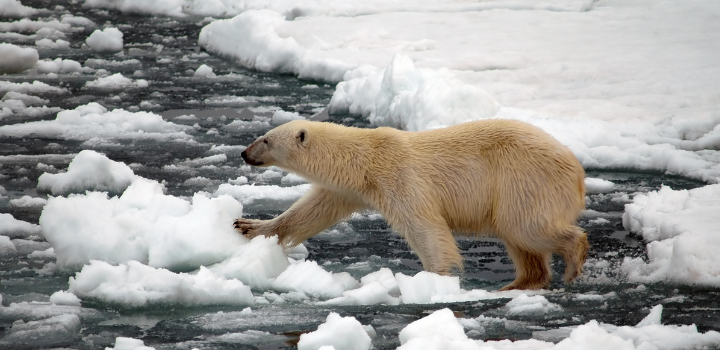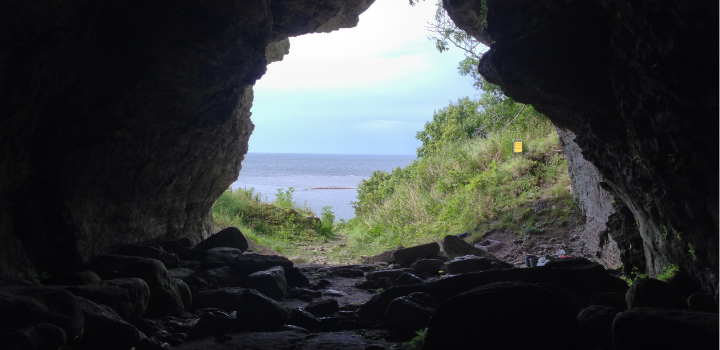Dr Anders Bergström awarded the Philip Leverhulme Prize in Biological Sciences
By: Communications

Dr Anders Bergström, a lecturer in BIO, has been awarded the prestigious Philip Leverhulme Prize in Biological Sciences, which will be presented at a gala dinner in the historic Drapers’ Hall in London in March.
The Philip Leverhulme Prize is awarded by the Leverhulme Trust to recognise outstanding researchers working in different subject areas in the UK. Prizes in Biological Sciences are only awarded every three years, each time recognising five exceptionally promising researchers at early stages in their career.
The prize includes an award of £100,000, to be used to support the current research of the recipient. Anders said: “I am very honoured to receive this award from the Leverhulme Trust recognising the value of my research in evolutionary biology and genomics. The research funds provided will help me expand my research here at UEA into new species and evolutionary questions, which will be very exciting.”
Anders joined UEA in November 2022, after having completed postdoctoral research at the Francis Crick Institute in London and a PhD at the Wellcome Sanger Institute and the University of Cambridge.
His research is in evolutionary biology and genomics, using the information contained in the genomes of organisms to learn about their evolutionary past. His work has contributed to understanding the evolutionary history shaping genetic diversity in our own species, as well as the origins and history of dogs and wolves. This includes the discovery that dogs trace ancestry to at least two separate source populations of wolves.
Tamas Dalmay, head of the School of Biological Sciences, said: “The Philip Leverhulme Prize is a very prestigious award and we are delighted that Anders has been selected as a recipient. We have no doubt that Anders will continue doing great research in the school.”
Related Articles

Polar bears may be adapting to survive warmer climates, says study
New research by scientists at the University of East Anglia (UEA) reveals a link between rising temperatures and changes in polar bear DNA, which may be helping them adapt and survive in increasingly challenging environments.
Read more
2025 – a year in research
The past twelve months have seen UEA researchers break new ground on everything from Magna Carta to the mating habits of jaguars in the Amazon. Join us as we take a look back at just some of 2025’s incredible stories, discoveries and expert insights.
Read more
Ancient wolves on remote Baltic Sea island reveal link to prehistoric humans
Scientists have found wolf remains, thousands of years old, on a small, isolated island in the Baltic Sea – a place where the animals could only have been brought by humans.
Read more